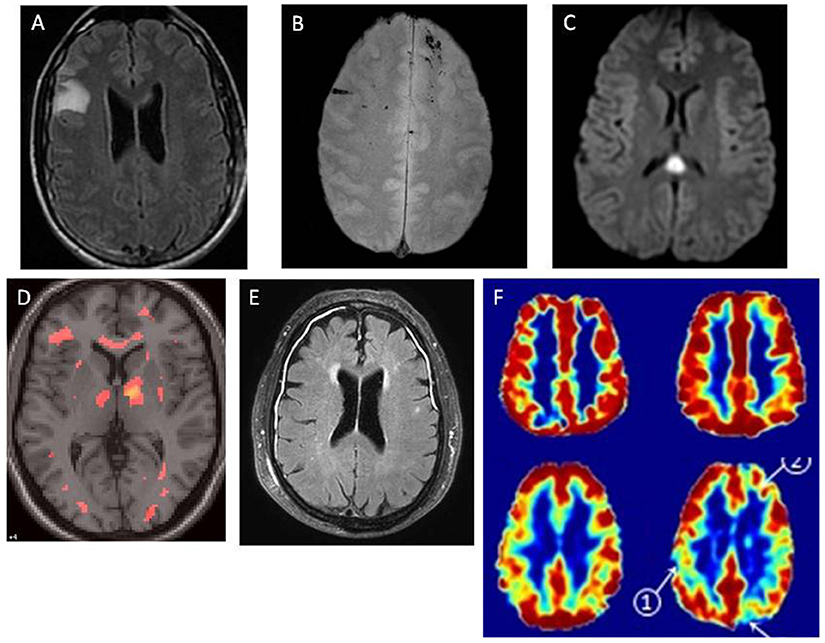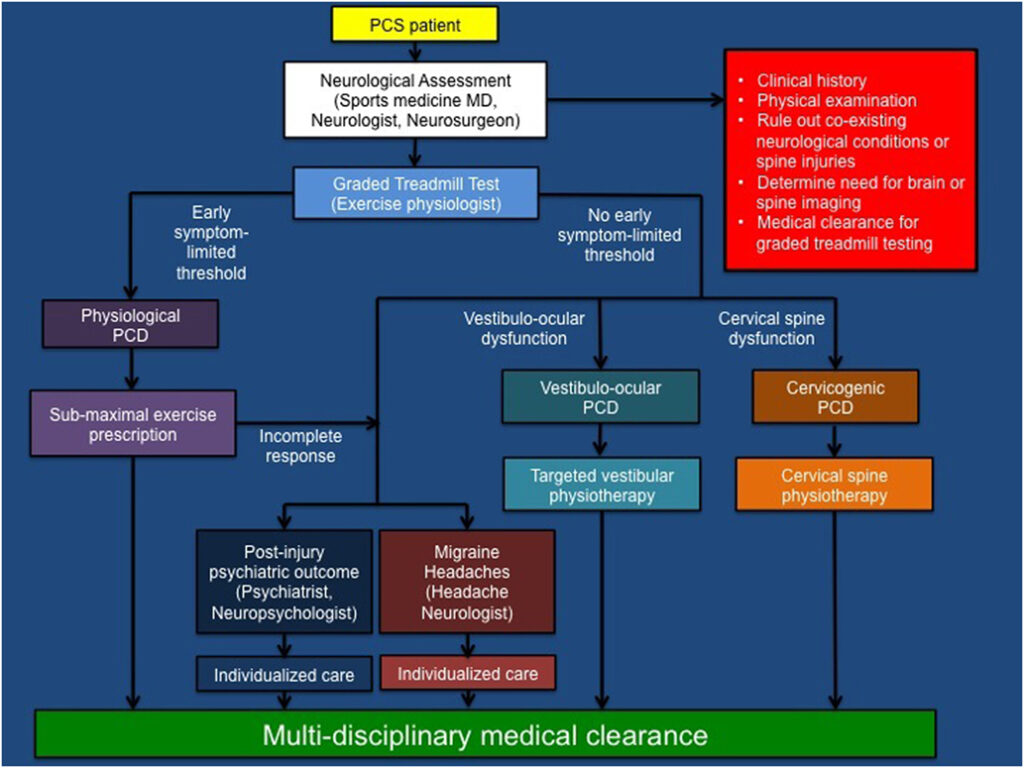Postconcussion syndrome, often abbreviated as PCS, is a complex condition that can occur following a concussion or mild traumatic brain injury. It is characterized by a range of physical, cognitive, and emotional symptoms that persist for weeks, months, or even longer after the initial injury. Understanding this condition is essential for patients, caregivers, and healthcare providers to ensure proper management and recovery.

What is Postconcussion Syndrome?
Postconcussion syndrome refers to a collection of symptoms that develop after a person experiences a concussion. While most people recover from a concussion within a few days or weeks, some individuals continue to experience lingering effects. These effects can significantly impact daily life, making it difficult to perform routine tasks, maintain relationships, or return to work or school.
The exact cause of postconcussion syndrome is not fully understood, but researchers believe it may result from a combination of factors, including structural damage to the brain, changes in brain chemistry, and psychological responses to the trauma. The condition is more common in individuals who have experienced multiple concussions or who had severe symptoms immediately after their injury.
Symptoms of Postconcussion Syndrome
The symptoms of postconcussion syndrome are diverse and can vary widely from person to person. They are typically grouped into three main categories: physical symptoms, cognitive symptoms, and emotional or behavioral symptoms.
Physical Symptoms
- Headaches: Persistent headaches are one of the most common symptoms and can resemble tension headaches or migraines.
- Dizziness: Many individuals report feeling lightheaded or unsteady on their feet.
- Fatigue: A persistent feeling of tiredness or lack of energy is frequently reported.
- Nausea: Some individuals may experience nausea or sensitivity to motion.
- Sensitivity to Light and Noise: Bright lights and loud sounds can become overwhelming and uncomfortable.
- Blurred Vision: Difficulty focusing or seeing clearly may occur.
Cognitive Symptoms
- Memory Problems: Difficulty remembering new information or recalling past events is common.
- Concentration Issues: Individuals may find it hard to focus on tasks or follow conversations.
- Slowed Thinking: Mental processes may feel slower than usual, making decision-making challenging.
- Confusion: Periods of confusion or disorientation may arise, especially in unfamiliar environments.
Emotional and Behavioral Symptoms
- Irritability: Increased frustration or irritability is a frequent complaint.
- Anxiety: Feelings of worry or nervousness may develop or worsen after the injury.
- Depression: Some individuals experience sadness, hopelessness, or a loss of interest in activities they once enjoyed.
- Mood Swings: Rapid shifts in mood, such as sudden bouts of anger or crying, can occur.
Diagnosing Postconcussion Syndrome
Diagnosing postconcussion syndrome can be challenging because there is no single test to confirm its presence. Instead, healthcare providers rely on a combination of medical history, symptom evaluation, and ruling out other potential causes of the symptoms.
Medical History and Symptom Assessment
A detailed medical history is crucial for diagnosing postconcussion syndrome. The healthcare provider will ask about the nature of the head injury, the timing and progression of symptoms, and any previous concussions. Patients are often asked to describe their symptoms in detail, including when they began and how they affect daily life.
Physical and Neurological Examination
A thorough physical and neurological examination helps rule out other conditions that might mimic postconcussion syndrome. This may include checking balance, coordination, reflexes, vision, and cognitive function. If necessary, additional tests such as imaging studies (like CT scans or MRIs) may be ordered to ensure there is no underlying structural damage to the brain.
Ruling Out Other Conditions
It is important to differentiate postconcussion syndrome from other medical conditions that can cause similar symptoms. For example, migraines, depression, anxiety disorders, and chronic fatigue syndrome may present with overlapping symptoms. Blood tests or other diagnostic tools may be used to exclude these possibilities.
Treatment and Management of Postconcussion Syndrome
While there is no specific cure for postconcussion syndrome, treatment focuses on managing symptoms and supporting recovery. A multidisciplinary approach involving various healthcare professionals is often recommended to address the wide range of symptoms.
Rest and Gradual Activity
In the early stages of recovery, rest is essential to allow the brain to heal. However, prolonged inactivity can sometimes worsen symptoms. Healthcare providers typically recommend a gradual return to normal activities, balancing rest with light physical and cognitive exercises. This approach helps prevent deconditioning while avoiding overexertion.
Medications
Medications may be prescribed to manage specific symptoms. For example:
- Pain relievers may be used to treat headaches.
- Anti-nausea medications can help alleviate feelings of sickness.
- Antidepressants or anti-anxiety medications may be prescribed for mood-related symptoms.
It is important to use medications under the guidance of a healthcare provider to avoid potential side effects or interactions.
Cognitive Therapy
Cognitive therapy can be beneficial for individuals struggling with memory, concentration, or problem-solving issues. Techniques such as memory aids, organizational strategies, and mindfulness exercises can help improve cognitive function and reduce frustration.
Physical Therapy
For those experiencing dizziness, balance problems, or difficulty with coordination, physical therapy can be highly effective. A physical therapist can design a personalized exercise program to improve strength, balance, and overall mobility.
Psychological Support
Emotional and behavioral symptoms often require psychological support. Counseling or therapy can help individuals cope with anxiety, depression, or mood swings. Cognitive-behavioral therapy, in particular, has been shown to be effective in addressing negative thought patterns and improving emotional well-being.
Lifestyle Modifications
Making certain lifestyle changes can also aid in recovery. These may include:
- Establishing a regular sleep schedule to improve rest and reduce fatigue.
- Avoiding alcohol and recreational drugs, which can interfere with brain healing.
- Reducing screen time and exposure to bright lights or loud noises during symptom flare-ups.
- Eating a balanced diet rich in nutrients to support overall health.
Recovery Timeline and Prognosis
The recovery timeline for postconcussion syndrome varies widely among individuals. While some people recover within a few weeks or months, others may experience symptoms for a year or longer. Factors such as the severity of the initial injury, the presence of pre-existing conditions, and the individual’s overall health can influence recovery.
Most individuals with postconcussion syndrome eventually recover fully, although the process can be frustrating and unpredictable. Patience, persistence, and adherence to treatment recommendations are key to achieving the best possible outcome.
Preventing Postconcussion Syndrome
While not all cases of postconcussion syndrome can be prevented, taking steps to minimize the risk of concussions and ensuring proper management of head injuries can reduce the likelihood of developing the condition.
Safety Measures
Practicing safety measures in sports, at work, and in daily life is critical. This includes wearing appropriate protective gear, following safety protocols, and avoiding risky behaviors that could lead to head injuries.
Proper Concussion Management
If a concussion occurs, it is important to seek medical attention promptly and follow the healthcare provider’s recommendations for rest and gradual activity. Returning to normal activities too quickly can increase the risk of developing postconcussion syndrome.





